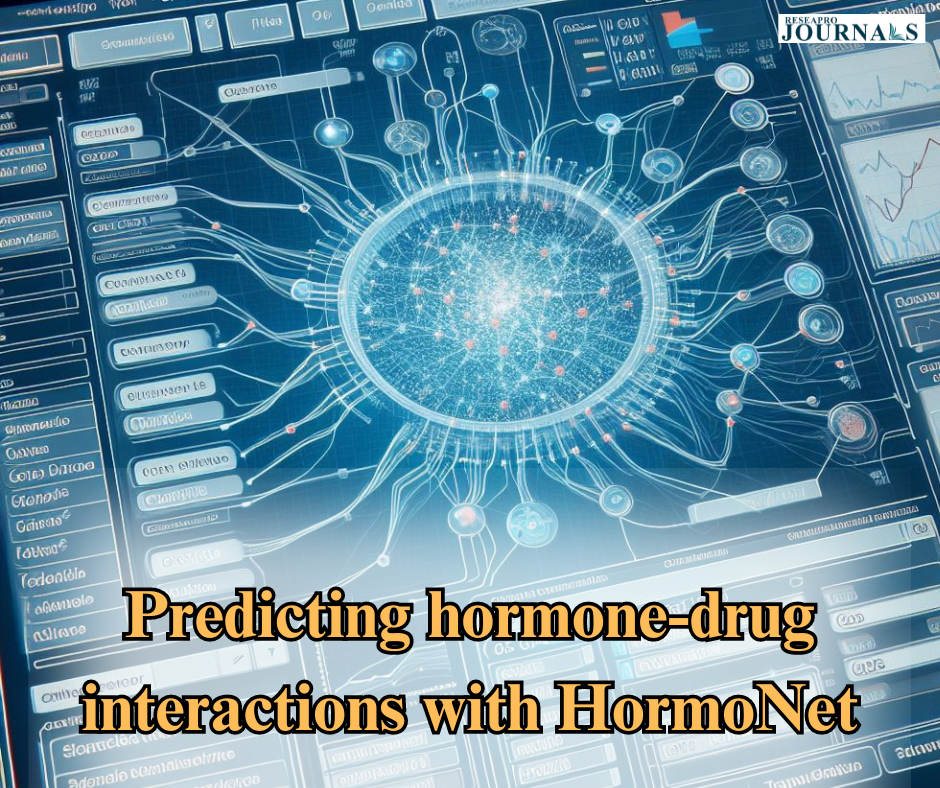
Hormone-drug interactions play a significant role in pharmacology, affecting drug efficacy and safety. Predicting these interactions is crucial for optimizing treatment outcomes and minimizing adverse effects. HormoNet, a deep learning approach, offers a promising solution for accurately forecasting hormone-drug interactions.

HormoNet utilizes advanced deep learning techniques to analyze vast datasets of hormone and drug information. By extracting complex patterns and relationships from these data, HormoNet can predict how drugs interact with hormones in the body. This enables healthcare professionals to anticipate potential interactions and tailor treatment plans accordingly.
Furthermore, HormoNet’s deep learning architecture allows for continuous learning and refinement, improving its predictive accuracy over time. Its ability to handle large-scale data makes it particularly effective in identifying subtle interactions that may not be apparent through traditional methods.
Through rigorous validation and testing, HormoNet has demonstrated impressive performance in predicting hormone-drug interactions across various therapeutic areas. Its versatility and reliability make it a valuable tool for drug development, personalized medicine, and clinical decision-making.
In conclusion, HormoNet represents a significant advancement in the field of pharmacology, offering a reliable and efficient method for predicting hormone-drug interactions. By harnessing the power of deep learning, HormoNet has the potential to revolutionize drug development and healthcare delivery, ultimately improving patient outcomes and safety.
